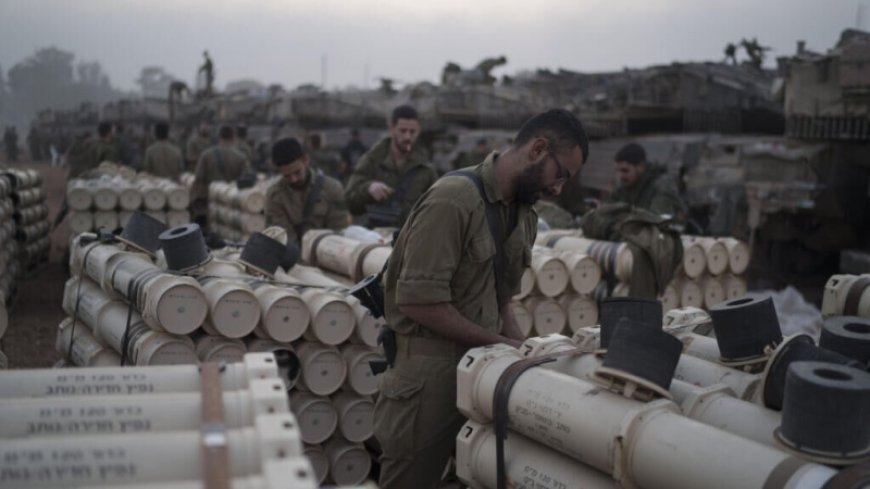In a recent development reported by Amnesty International, the Israeli army stands accused of employing American-made weapons in its operations targeting civilians within the Gaza Strip. The revelation, brought to light by The Washington Post, underscores potential violations of international human rights laws.
According to Amnesty International's findings, there have been alarming instances of possible breaches of humanitarian laws by the Zionist regime. These include repeated attacks on protected areas and civilian infrastructure by the Israeli army, as well as a disproportionately high number of Palestinian civilian casualties during confrontations with Hamas militants. Moreover, there are concerns regarding the lack of thorough investigations into reported abuses and the absence of accountability for those responsible for causing significant harm to civilians, including incidents involving the targeting of workers and journalists.
Since October 7, 2023, Western support has allegedly bolstered the Zionist occupation regime's aggressive actions in the Gaza Strip against the Palestinian populace. The escalation of violence has raised widespread condemnation, with critics decrying the international community's perceived silence in the face of what they term as the usurping Israeli regime's crimes. The ongoing conflict has resulted in the loss of innocent lives, including women and children, amid accusations of excessive force and indiscriminate targeting by the Israeli military.
The allegations of American weapons being utilized in these operations further underscore the complexities of international arms trade regulations and the responsibilities of weapon-exporting nations in ensuring the ethical use of their products. As calls for accountability and justice intensify, the situation in the Gaza Strip continues to draw global attention, prompting renewed scrutiny of the actions of all parties involved and reigniting debates surrounding conflict resolution in the region.














































